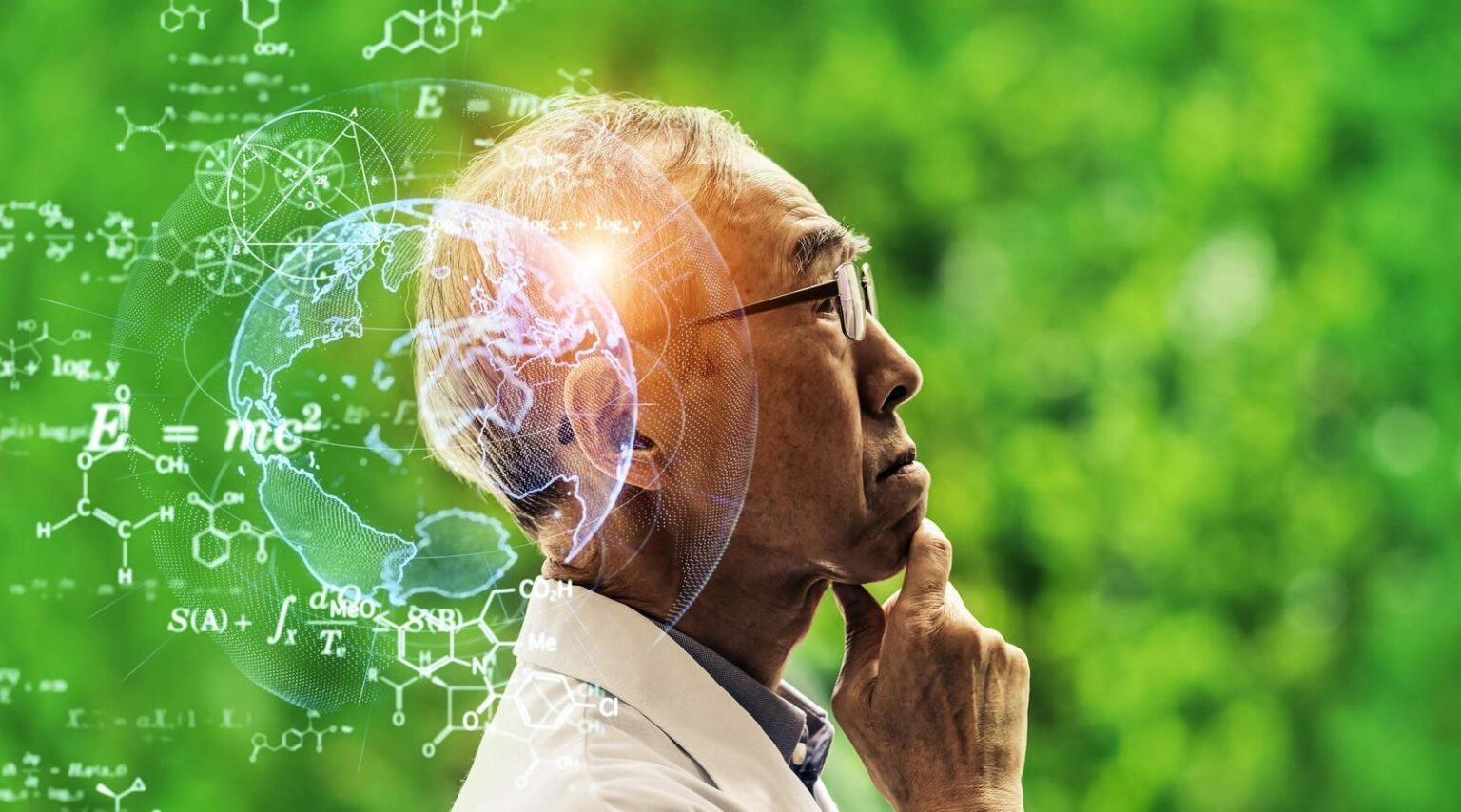Artificial intelligence (AI) is rapidly becoming a driving force in longevity science. Once a behind-the-scenes tool, AI is now central to how researchers accelerate timelines, discover new drugs, and tailor treatments to individual biology. This shift is not only transforming the science of aging—it’s also attracting new investment to a field long seen as too slow-moving to scale.
The convergence of AI and longevity is now gaining momentum in research hubs and conferences, including the upcoming Aging Code Summit to be held in Boston in June. Here’s a look at the key ways these two domains are beginning to intersect.
Speeding Up Time: AI-based Digital Twins
Longevity science has a built-in problem: it takes time. To test whether a therapy extends lifespan, researchers must wait years—sometimes decades—for results. Even in short-lived animals like mice, trials can take years to yield meaningful data. In humans, it’s even more complicated.
AI is beginning to change that. With digital twins—virtual models of individuals built from real-world data—researchers can simulate biological aging and predict the effects of interventions in silico. Instead of waiting for aging to occur, scientists can now model it. These simulations are being used to run “virtual clinical trials” and explore treatment outcomes without the time and cost of traditional experiments.
Biomarkers and the Rise of Aging Clocks
Another area where AI is accelerating progress is in the development of biomarkers—biological indicators that signal how we are aging. Researchers are building AI models to identify subtle changes in physiology that correlate with biological age. These “aging clocks” use variables like gene expression, microbiome, or imaging data to predict how long a person might live in good health.
These models are more than curiosity—they’re essential. Biomarkers serve as surrogate endpoints in clinical trials, allowing researchers to test whether an intervention is working without waiting for death or disease to occur. AI enables scientists to detect these biomarkers earlier, more accurately, and in more complex datasets than ever before.
Rethinking Drug Discovery with AI
AI is also transforming the way we discover and develop new drugs. Traditionally, drug discovery has involved screening thousands of compounds to see which might affect a disease-related target. Now, AI can design new molecules from scratch. By analyzing vast chemical spaces, generative AI models can suggest entirely novel compounds that are predicted to bind to specific proteins or alter key biological pathways. This capability—combined with tools like protein folding simulations—has opened the door to faster, more efficient drug development pipelines.
Personalization at Scale
Longevity isn’t just about adding years to life—it’s also about tailoring those years to the individual. By finding patterns in how different people age—and respond to interventions—AI can help customize treatments to an individual’s anatomy, lifestyle, and risk profile. Governments are starting to invest in this area as well, with efforts to mine public health data for new insights into aging patterns and preventive care.
As AI continues to learn from more diverse populations, personalized longevity strategies may become the norm rather than the exception.
Looking Ahead: The Radical Edge of AI in Longevity
If today’s AI is helping us measure and manage aging more effectively, tomorrow’s AI might help us transcend it. Justin Taylor, VP of Communications at Longevity Global—a nonprofit that connects longevity researchers, investors, and entrepreneurs—believes the possibilities are vast: “AI is going to be very important to the future of aging science. Work is currently being done biomarkers, drug discovery, and personalized medicine. We’re even starting to explore AI-based neuro interfaces, controlling artificial limbs, and other ways of integrating AI with our biology.”
Further on the horizon are more speculative but intriguing ideas. “Probably the furthest frontier of where AI and longevity could go is digital immortality through mind uploading,” adds Dr. Christin Glorioso, Founder of Longevity Global and CEO of NeuroAge Therapeutics.
As AI systems continue to evolve, they may help us answer one of the oldest human questions in a fundamentally new way: not just how to live longer, but how to live better.
As industry leaders gather this June in Boston to exchange ideas and look ahead, one thing is clear: the convergence of AI and longevity is no longer just a topic of scientific inquiry—it’s becoming the foundation of a new frontier in health innovation.
Read the full article here











